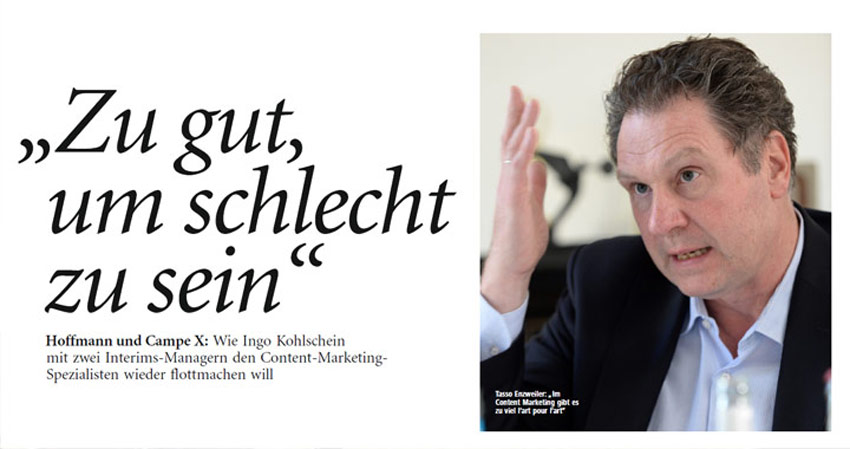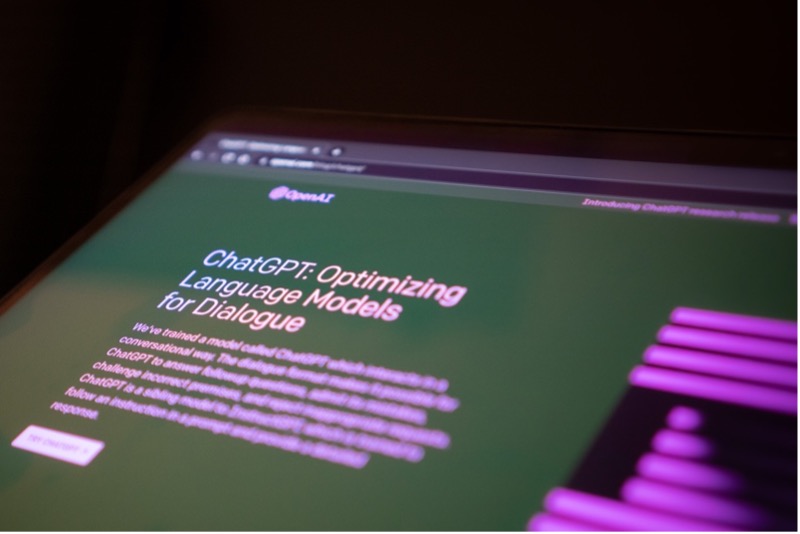There’s one topic that comes along with almost every single client or mandate: executive presence. But many people do not quite know what it means when they’re pressed to define it. Consequently, my personal answer is a simple mathematical formula: executive presence = credibility + ease, both divided by ego.
With credibility, one piece is simply expertise in your role. Along with expertise, credibility can be boosted with preparation and by exhibiting integrity. But, of course, you need to be able to communicate your credibility to others. Credibility has the largest number of dials in the instrument panel, and they are the easiest for you to turn and adjust.”
As with credibility, ease also has several foundational elements. These include making sure you are eating and sleeping well, have social support, and are making time for movement in your day. These things will help build your capacity for resilience under stress. Other ways to convey ease include connecting with those you work with, which can mean listening well and maintaining eye contact, as well as authenticity, which signals a sense of self-assurance.
Ego means demonstrating that you believe that you have something to contribute—and that you believe other people do, too. With ego being the denominator in the executive-presence formula, it should be pointed out that you don’t want to have a miniscule ego, nor do you want an oversized one, since both a negative number and a giant number will mean an erosion of the credibility and ease that you’ve worked to convey.
One tip for both reigning in large egos and boosting small ones: stop thinking about yourself too much. For outsized egos, this introduces more humility into your presence. For small egos, the advice is a little less intuitive. But when you worry less about what people are thinking about you and how they’re assessing you, and focus more on your purpose, your values, your contributions, you typically fare better.
A focus on doing good work is what will ultimately determine how your peers or your boss or your clients think of you. No level of executive presence can compensate for a lack of ability. But it’s crucial to display executive presence if people haven’t yet had a chance to evaluate you based on your work.






